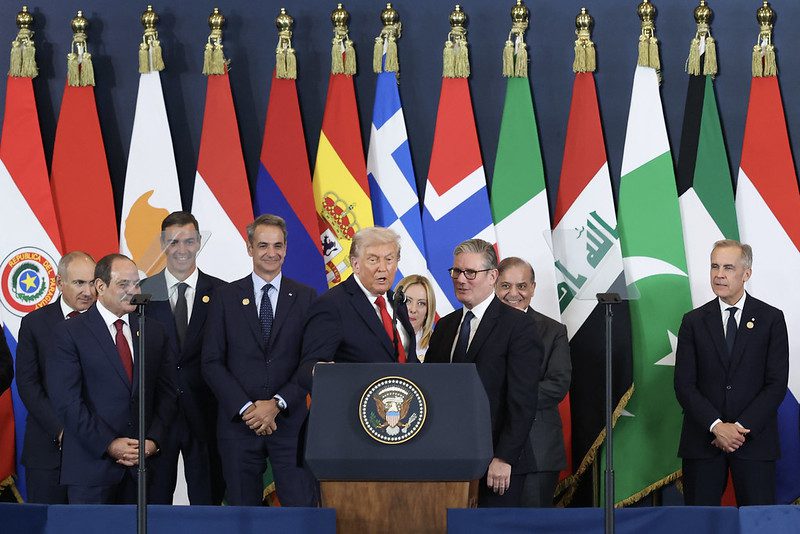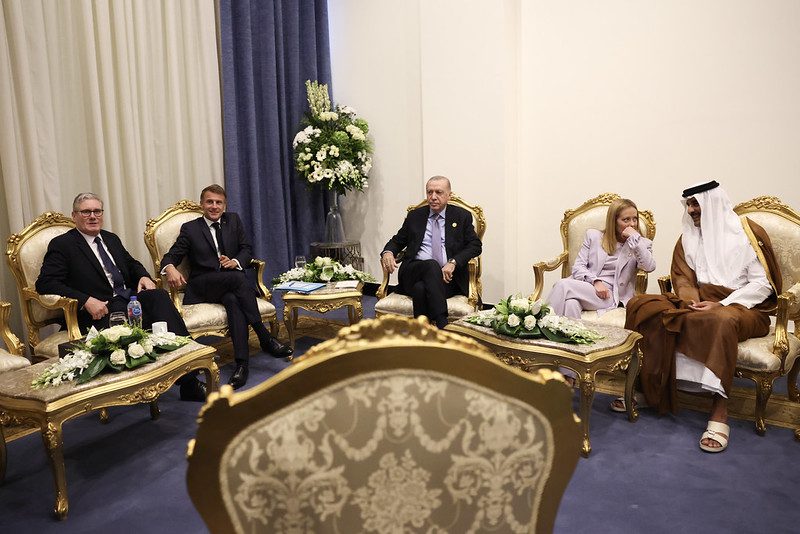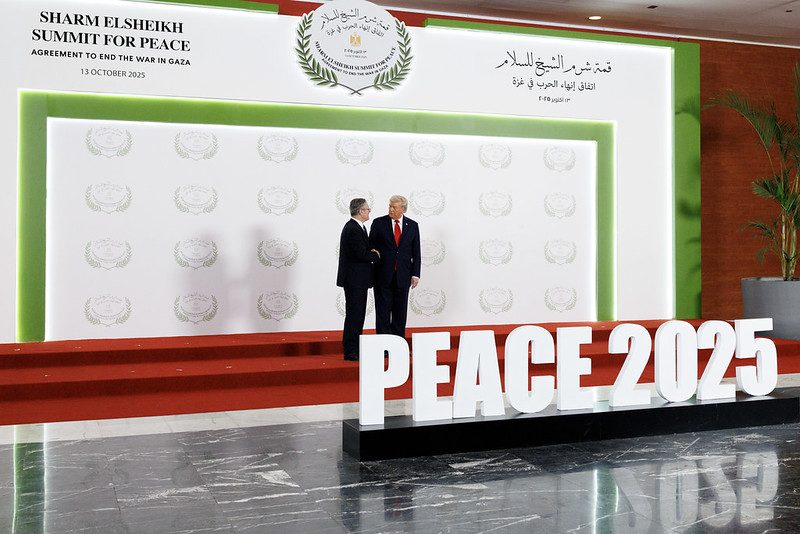Across the corridors of global politics, declarations of peace have once again collided with the brutal persistence of conflict. This morning in Gaza, reports emerged of Israeli forces opening fire upon Palestinians in the aftermath of what had been hailed as a fragile ceasefire. The justification offered was predictably procedural, citing “suspected threats” and “security concerns.” Yet for those on the ground, the event signalled not the resumption of order but the continuation of a cycle that no agreement, however ceremonially signed, seems able to break.
The timing of this incident was remarkable. Only yesterday, Donald Trump stood before cameras in Jerusalem, proclaiming his role as the architect of renewed calm, the self-anointed peacemaker between nations that have long rejected each other’s existence. His rhetoric was predictably theatrical, punctuated by vows of reconstruction and prosperity, as if the mere invocation of capital could resurrect a rubble-drenched region. The subsequent violence undermines not only the credibility of such pronouncements but also the very notion that political will alone can manufacture peace in a land defined by its absence.
Meanwhile, in Westminster, the Labour government under Keir Starmer has adopted a posture of cautious sympathy, issuing statements that are at once morally grave and diplomatically sterile. Starmer’s insistence upon “international law” and “humanitarian relief” rings familiar, carefully avoiding the explicit condemnation of Israeli aggression while still gesturing towards empathy for Palestinian suffering. His dilemma is evident: to criticise too harshly risks alienating pro-Israel constituents and donors; to remain silent invites accusations of moral cowardice. It is a balancing act that reveals more about the constraints of modern politics than the convictions of its practitioners.

Image: Prime Minister Keir Starmer attends Sharm El-Sheikh Peace Summit – Lauren Hurley / No 10 Downing Street
Internationally, the ceasefire was marketed as an opportunity for “rebuilding”: a word now stripped of its substance by decades of repetition, especially as Tony Blair is tipped to be in charge of this effort. Reconstruction funds are promised, committees are formed, and summits are planned, yet the ground reality remains stubbornly unchanged. Gaza’s infrastructure lies in ruins, its hospitals overwhelmed, its population fatigued by promises that dissolve as swiftly as they are made. The international community continues to behave as though political choreography can substitute for moral reckoning.
In the United States, Trump’s intervention has further blurred the boundary between diplomacy and performance. His appearance in Jerusalem, surrounded by officials who seemed more intent on spectacle than substance, symbolises the new character of international mediation, one driven not by statesmanship but by personal self-branding. The question of whether peace can emerge from such theatrics is almost rhetorical. For the families burying their dead this morning, the choreography of power is as distant as the capitals that script it.
It is worth noting, too, the growing disillusionment among Western publics. The same governments that once defined themselves as defenders of human rights now appear paralysed by the complexities of their own alliances. Britain’s humanitarian aid pledges ring hollow when set against its continued arms exports to Israel, and the United States’ calls for restraint are undermined by its enduring military support. Hypocrisy has become policy by inertia, and inertia has become indistinguishable from complicity.

Image: Prime Minister Keir Starmer meets with world leaders at the Sharm El Sheikh Peace Summit – Lauren Hurley / No 10 Downing Street
The recent shootings, then, are not anomalies but symptoms, simply expressions of a deeper sickness within international politics. Each side claims legitimacy and cites history as justification. Yet in the space between these narratives lies the ordinary civilian, the person upon whom the consequences of ideology are written in blood. For them, peace remains a rumour, sustained only by the rhetoric of those who will never stand beneath the falling debris.
It is perhaps naïve to expect moral clarity in an age governed by public relations, but even so, the events of this morning demand more than diplomatic platitudes. They require honesty, the one resource in shorter supply than ceasefires. Until that emerges, the so-called peace process will remain what it has long been: a performance, endlessly rehearsed, fatally unresolved.


